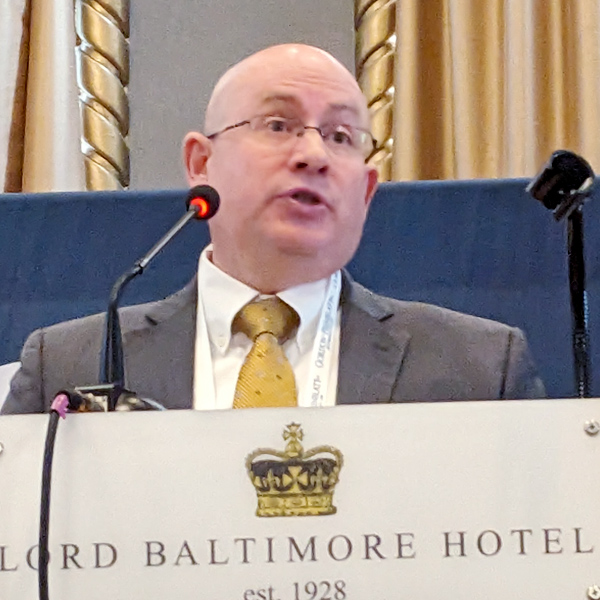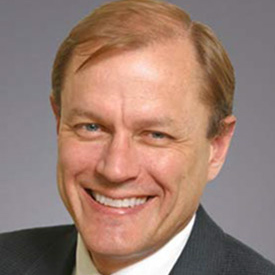The group working to lay the foundation for an independent Western RTO is seeking $800,000 in federal grants to support its administrative and outreach needs.
The West-Wide Governance Pathways Initiative (WWGPI) explained its need for the money in a concept paper accompanying the application it submitted in response to a Department of Energy Funding Opportunity Announcement (FOA). The group is applying for $400,000 in annual funding over two years.
“This funding is necessary for major Pathways support functions — development of informational materials; outreach to key stakeholders; regular convenings through virtual and in-person gatherings; and facilitation to ensure meaningful participation by those who wish to engage,” the group said in the concept paper, which it distributed to stakeholders Nov. 22.
The Washington State Department of Commerce submitted the DOE application on behalf of the WWGPI on Nov. 17, Kathleen Staks, executive director of Western Freedom and co-chair of the group’s Launch Committee, told RTO Insider. Regulators from that state, along with Arizona, California, Oregon and New Mexico, proposed the initiative in July. (See Regulators Propose New Independent Western RTO.) The grant application process closes Jan. 19, 2024, Staks said.
The concept paper describes other uses for the grants, including “leadership, staffing, virtual meetings and administrative support;” four in-person meetings per year; and funding for 50 people to attend those quarterly gatherings.
The FOA funding will be “essential to performing outreach to states and groups not yet aware of, or able to participate in, the new nonprofit independent governance entity envisioned by” the founders of the initiative and make its processes more accessible to a broader set of stakeholders, the group said.
The federal dollars also would support creation of an independent website, “which is a critical component of communication and success,” the group said. The WWGPI website currently is being hosted by the Western Interstate Energy Board. The concept paper notes that grants also could pay for other “in-kind resources” now provided by the group’s Launch Committee and other stakeholders.
“It is impossible to overstate the importance and impact of DOE funding for the essential work of the Pathways Initiative; without these resources, broad-based engagement efforts will not be viable,” the paper states. “Funding is necessary for a complete range of activities that can contribute to an increased degree of agreement that can offer lasting success.”
‘Keep Cranking’
The Launch Committee discussed the WWGPI’s financial needs during a Nov. 17 virtual public meeting.
Critics say the initiative lacks transparency, especially around its sources of funding. (See Idaho PUC Declines to Join Western RTO Governance Effort.)
During the meeting, Jim Shetler, general manager of the Balancing Authority of Northern California and co-chair of the committee’s Administrative Work Group, acknowledged the need for an “unbiased” source of funding for the group as it seeks to create an entity to oversee an independent RTO that pointedly includes the West’s largest consumer of electricity, California, and leans on the services of the state’s biggest grid operator, CAISO. (See West-Wide Governance Pathway Group Digs into its Work.)
Shetler said any DOE awards likely would arrive in the middle of 2024 at the earliest, requiring the WWGPI to seek other interim sources of funding.
“We do know that there are some participants within the sectors that have indicated a willingness to consider offering some dollars to help seed some of the early efforts for this group. And then we’ve also done looking at outreach to foundations,” Shetler said.
Despite the WWGPI’s current lack of funding, the concept paper shows the group plans to proceed on an ambitious timeline as it moves to outpace SPP’s efforts around Markets+, the day-ahead market offering directly competing for members with CAISO’s Extended Day-Ahead Market. The Launch Committee expects to establish a nominating committee for a foundational board of directors in January 2024; identify, interview and seat members of the board in March; and establish a nonprofit entity in April.
The group is “committed to keep cranking on the work that we’re doing,” Staks said during the Nov. 17 meeting.

